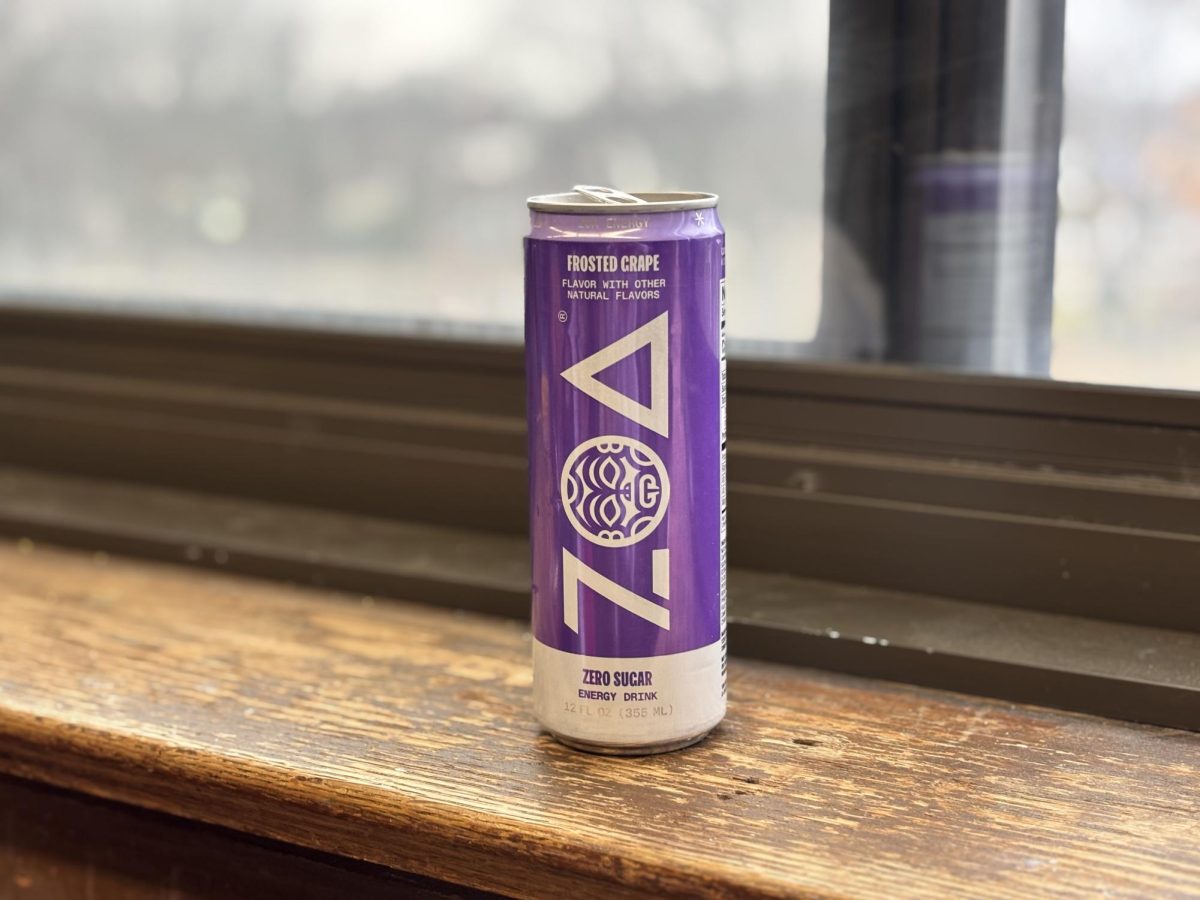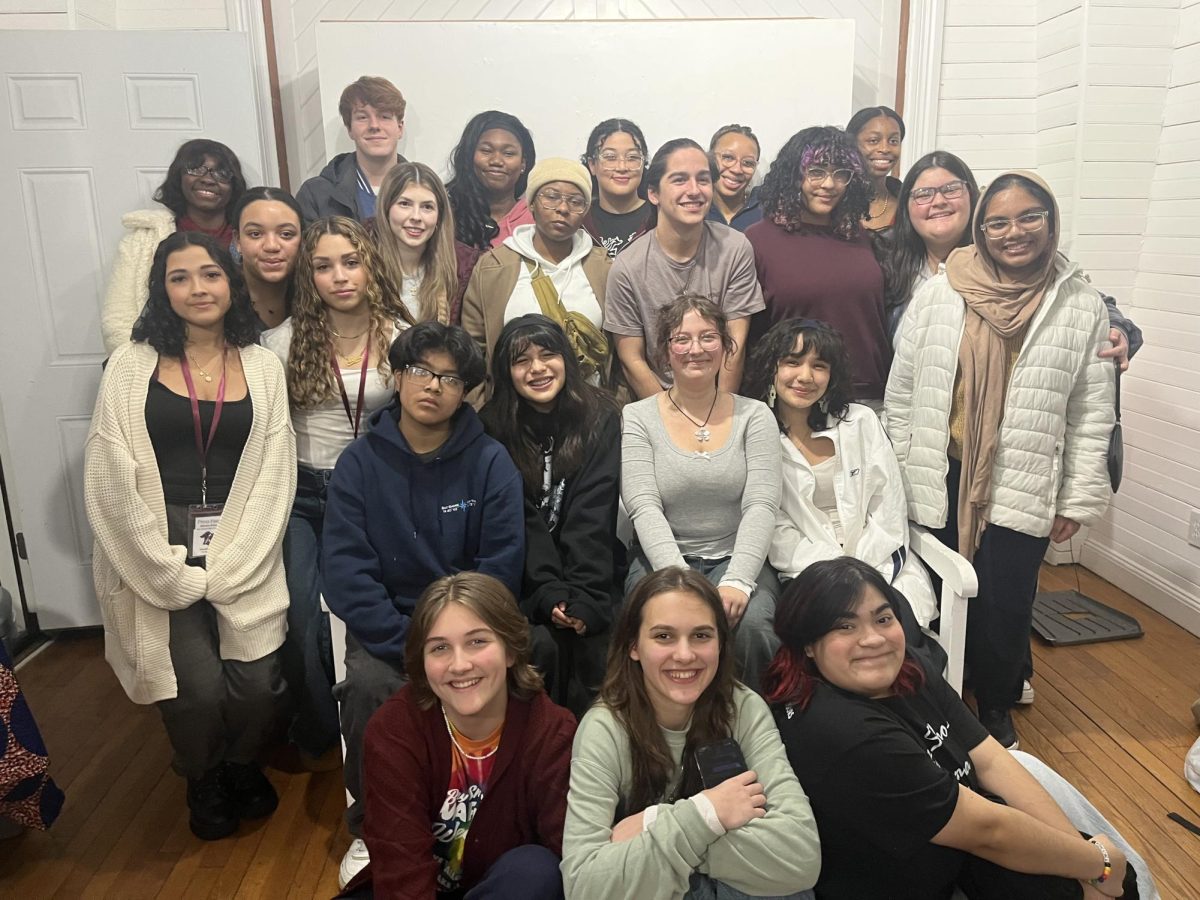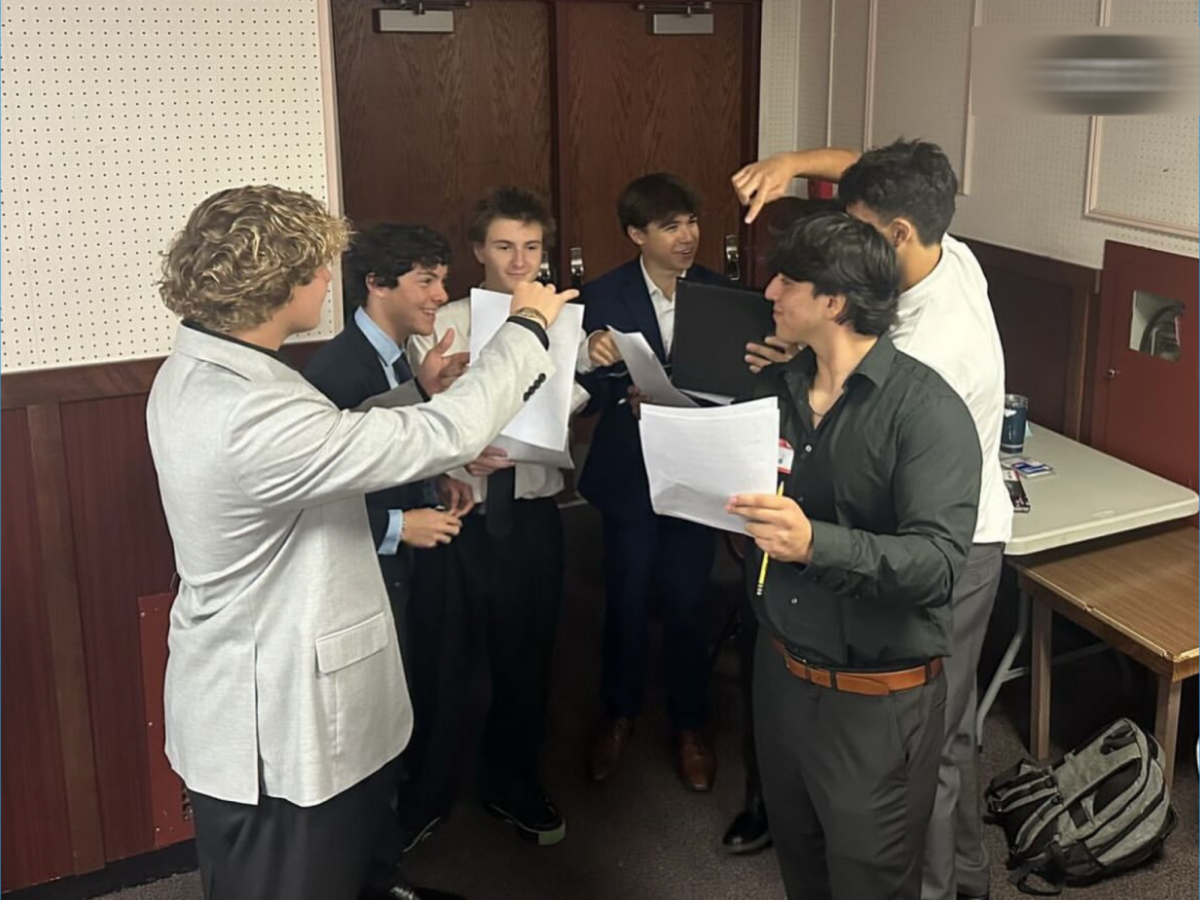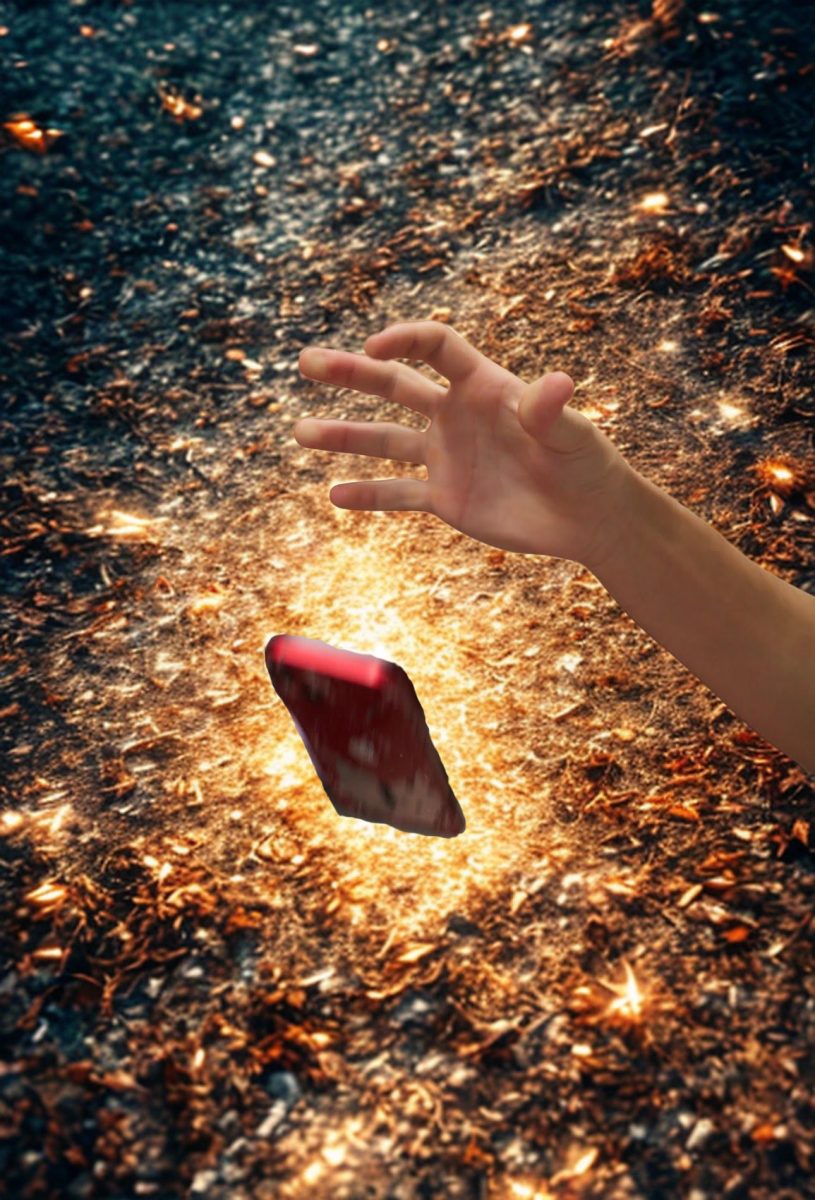Energy drinks have become a very big part of students’ lives. Students see them as a quick solution to tiredness, especially during exams or late-night study sessions. However, there is growing concern over the long-term impact of the excessive use of energy drinks on student health. There are high amounts of caffeine, sugar and other ingredients that may give a temporary energy boost, but the risks outweigh the benefits. Energy drinks are harmful to students’ physical and mental health.
Dangers of caffeine overload

Caffeine is the biggest ingredient in energy drinks. A typical energy drink contains between 80 to 150 milligrams of caffeine per 8 ounces. That goes over the caffeine amount in one cup of coffee. For students who need to stay awake and get ready for exams or assignments, energy drinks are usually the solution. However, the insane amounts of caffeine has been linked to many health issues. Adolescent bodies can’t take that much caffeine and it is extremely dangerous.
Many students bring energy drinks to school and teachers notice differences in their students and worry about the dangers of the drinks. Students of Bay Shore High School, sophomore Ainsley Duke and junior Abigail Regan are just two teens who love energy drinks, but see side effects of drinking them.
“If I have an energy drink, I cannot sleep or sit still the rest of the day,” Duke said.
According to the National Center for Complementary and Integrative Health, “Large amounts of caffeine may cause serious heart and blood vessel problems such as heart rhythm disturbances and increases in heart rate and blood pressure. Caffeine also may harm children’s still-developing cardiovascular and nervous systems.” When students have energy drinks, they are putting their body in danger. For example, “A single 16-oz. container of an energy drink may contain 54 to 62 grams of added sugar; this exceeds the maximum amount of added sugars recommended for an entire day.” The amount of sugar and caffeine in these drinks are negatively affecting students’ bodies and they don’t even know it.
Teachers at Bay Shore High School, Terence Foley and Victoria LiPuma, have noticed the negative impact of energy drinks on students.
“I see so many students drinking energy drinks and if they were aware of how harmful these beverages are there would be a decrease in consumption. I wish more students knew how dangerous these drinks are,” LiPuma said.
Similarly, Foley has noticed how the benefits of energy drinks are short-lived.
“I’ve noticed that students who have energy drinks have more energy for a brief period of time, but then either they can’t stay focused because the drink makes them jittery or they crash from the drink’s effect wearing off,” Foley said.
Just as Foley said, initially students may experience a temporary boost in energy, but it is almost always followed by a rapid “crash,” which can lead to fatique and difficulty concentrating. Not only does this affect their body, but also their education and learning.
The combination of high caffeine and sugar levels in energy drinks also make students more dependent on them. They rely on these beverages to stay awake or have better concentration. This is particularly concerning as tolerance to caffeine builds over time, requiring students to consume higher quantities to achieve the same effects. As they increase their intake, they may develop a physical dependence on energy drinks, leading to withdrawal symptoms such as headaches or irritability when they don’t get their daily energy boost.
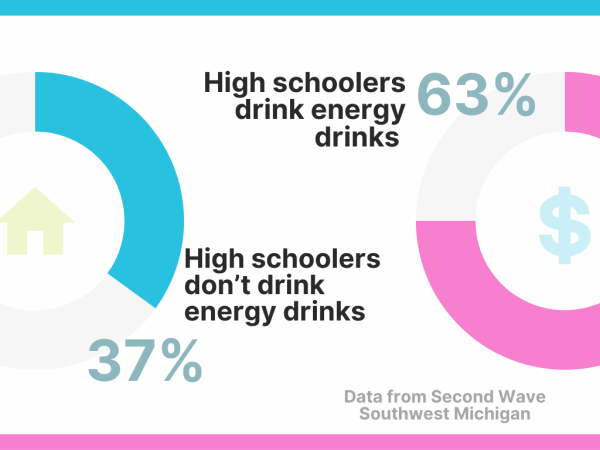
The growing concerns of energy drinks and mental health
Energy drinks can have a big impact on mental health. According to Healthline Nutrition, “Young people who consume energy drinks may experience sleep disturbances and have an increased risk of ADHD, anxiety, and mood changes, and in severe cases, heart complications.” The high caffeine content can cause higher feelings of anxiety and agitation. Kids who have energy drinks in school clearly have trouble sitting still and focusing. This is very concerning for students already struggling with academic pressure or mental health issues such as anxiety or depression.
The Nurse at Bay Shore High School, Jacquelyn Mason, sees the impact how energy drinks impact students.
“We have seen students experience increased heart rate, increased blood pressure, sleep issues, upset stomach and anxiety after consuming energy drinks,” Mason said.
Students may continue to use energy drinks to make them feel more awake, but most teens are then unable to sit still. This cycle of reliance not only affects students’ physical health, but also harms their mental well-being. Drinking these beverages seems to lead to anxiety, depression, and other mental health disorders.
“When I drink energy drinks, my anxiety gets so much worse. I tend to zone out and not pay attention because I’m so focused on how energetic I am and think of what I can be doing instead of sitting in school,” Regan said.
Energy drinks may seem like an easy solution for students looking to stay awake and perform better academically, but the dangers of their consumption is evident. From the physical risks of caffeine to the mental health consequences of addiction and anxiety, students should understand that there are no shortcuts to feeling rested and drinking an energy drink is a temporary solution.

